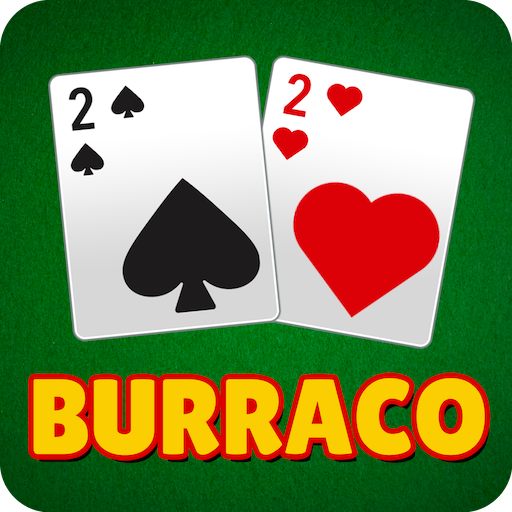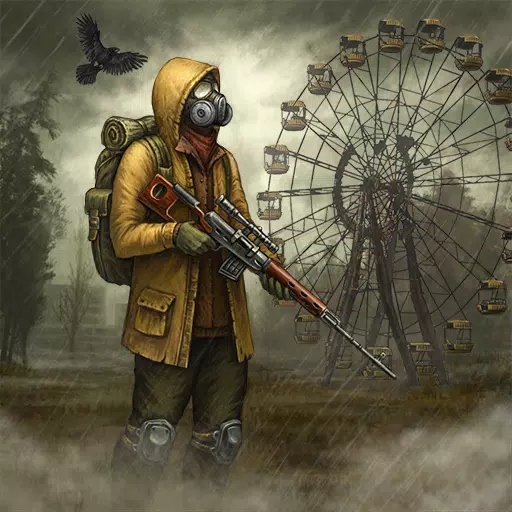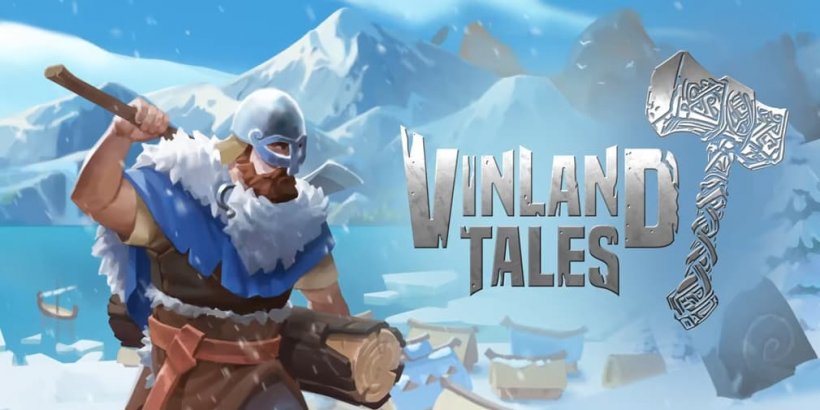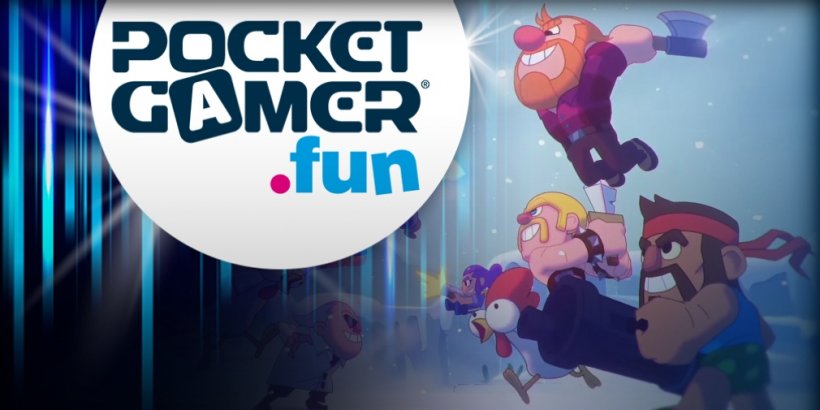It's year-end, time for my "Game of the Year" selection: Balatro. While not necessarily my favorite, its success warrants discussion.
By now (December 29th, assuming scheduled publication), Balatro's numerous awards are likely well-known. It swept The Game Awards (Indie and Mobile Game of the Year) and uniquely won two Pocket Gamer Awards (Best Mobile Port and Best Digital Board Game). Jimbo's creation has garnered widespread praise.
However, its success has also sparked confusion and even anger. Comparisons between flashy gameplay trailers and Balatro's relatively simple visuals are frequent. Many are baffled by a simple deckbuilder's dominance.
This, I believe, highlights why it's my GOTY. But first, honorable mentions:
Honorable Mentions:
- Vampire Survivors' Castlevania expansion: Finally! The long-awaited collaboration with iconic Castlevania characters is fantastic.
- Squid Game: Unleashed's free-to-play model: A potentially groundbreaking move by Netflix Games. Removing traditional monetization suggests a focus on attracting new viewers.
- Watch Dogs: Truth's audio adventure release: An unexpected but interesting move by Ubisoft, given their past struggles with the Watch Dogs franchise. An Audible-only adventure is a unique approach.
A Mixed Bag
My Balatro experience is mixed. It's undeniably engaging, yet I haven't mastered it. I find detailed statistical optimization frustrating, and despite many hours, I haven't completed a run.
However, it's been worth the cost. It's simple, time-consuming, yet undemanding. While not my ultimate time-waster (that's Vampire Survivors), it's a strong contender.
Its visuals are pleasing, and gameplay is smooth. For $9.99, you get an engaging roguelike deckbuilder suitable for public play (the poker element might even make you seem like a gambling genius!). LocalThunk's ability to elevate a simple format is commendable.
The calming music and satisfying sound effects create an addictive loop. It's refreshingly honest about its addictive nature, albeit subtly.
Beyond the Hype
So why discuss it? For some, its success isn't enough.
Balatro isn't the most controversial release this year (that might be Astrobot, ironically, given the self-importance often associated with such awards). The reaction to Balatro highlights how it's perceived.
Balatro is unapologetically "gamey" in design and execution. It's colorful and appealing but not overly complex or flashy; it lacks a retro aesthetic. It's not a cutting-edge tech demo; LocalThunk started it as a passion project.
Its success confounds many because it's not a flashy gacha game, nor does it push mobile boundaries. It isn't a battle royale; it's simply "a card game." But it's a well-executed card game with a fresh take. Game quality should be judged on its merit, not solely on visual fidelity.
Substance Over Style
Balatro's lesson is simple: A multi-platform release doesn't need to be a massive, cross-platform, cross-progression gacha game. Simplicity and style can unite mobile, console, and PC players.
While not a massive financial success, its low development costs likely yielded significant profits for LocalThunk.
Balatro proves that a well-executed, simple game can thrive.
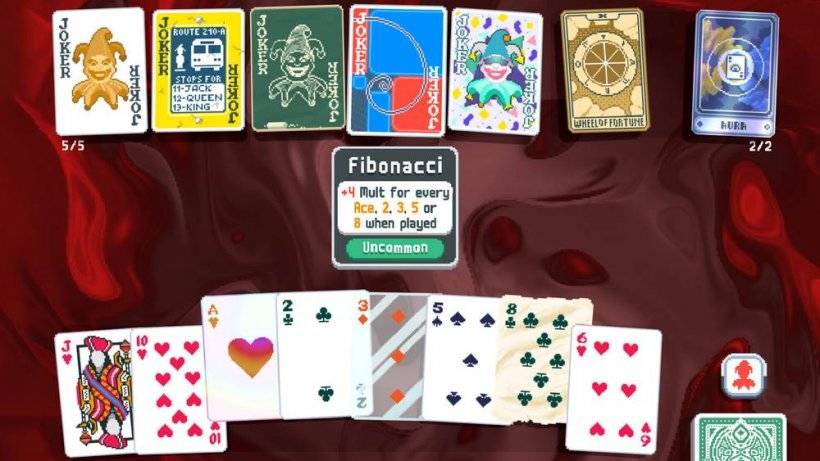
My struggles with Balatro highlight its versatility. Some optimize their decks for flawless runs; others, like me, enjoy it as a relaxed pastime.
The point? Success doesn't require cutting-edge technology or complex gameplay. Sometimes, simplicity and charm are enough.
 Home
Home  Navigation
Navigation






 Latest Articles
Latest Articles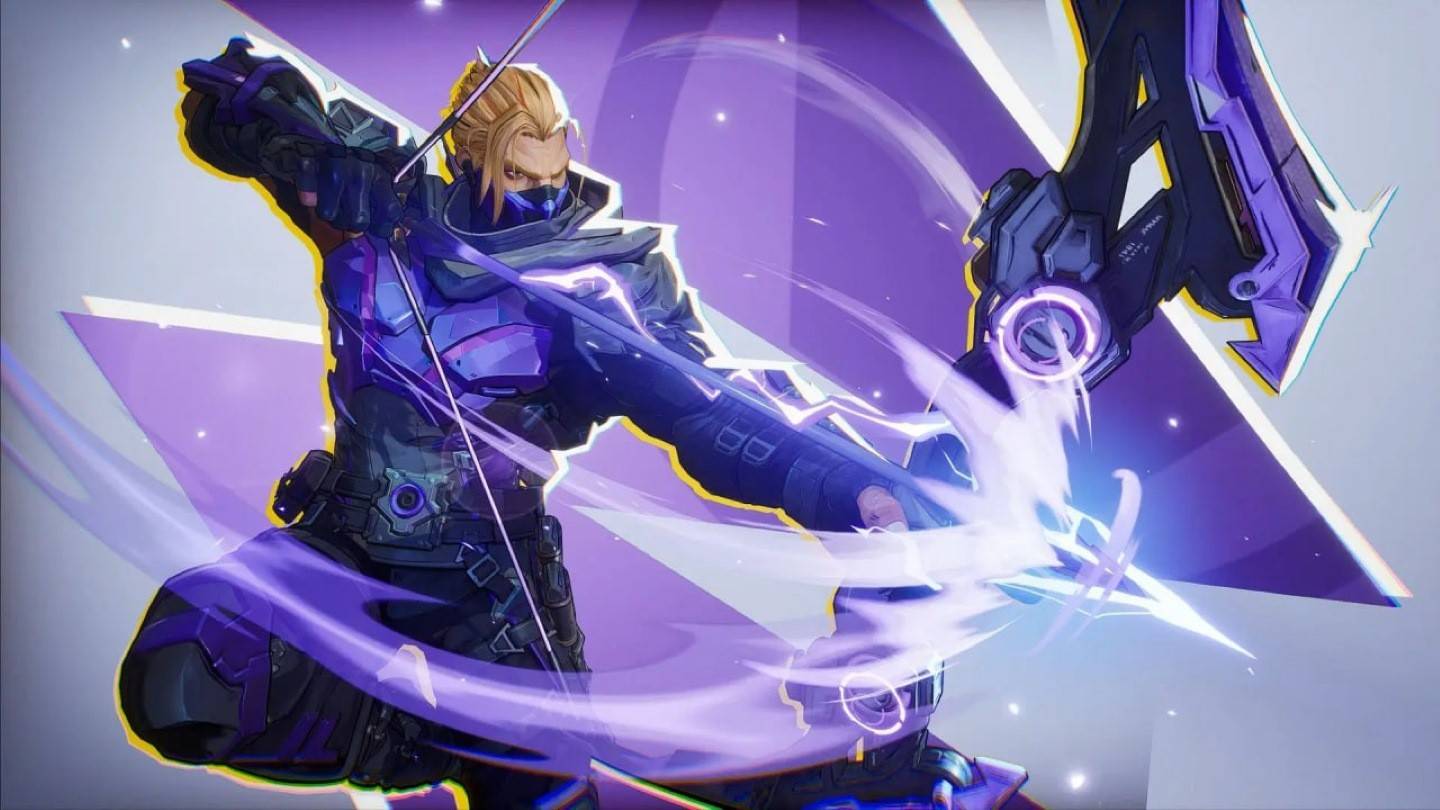
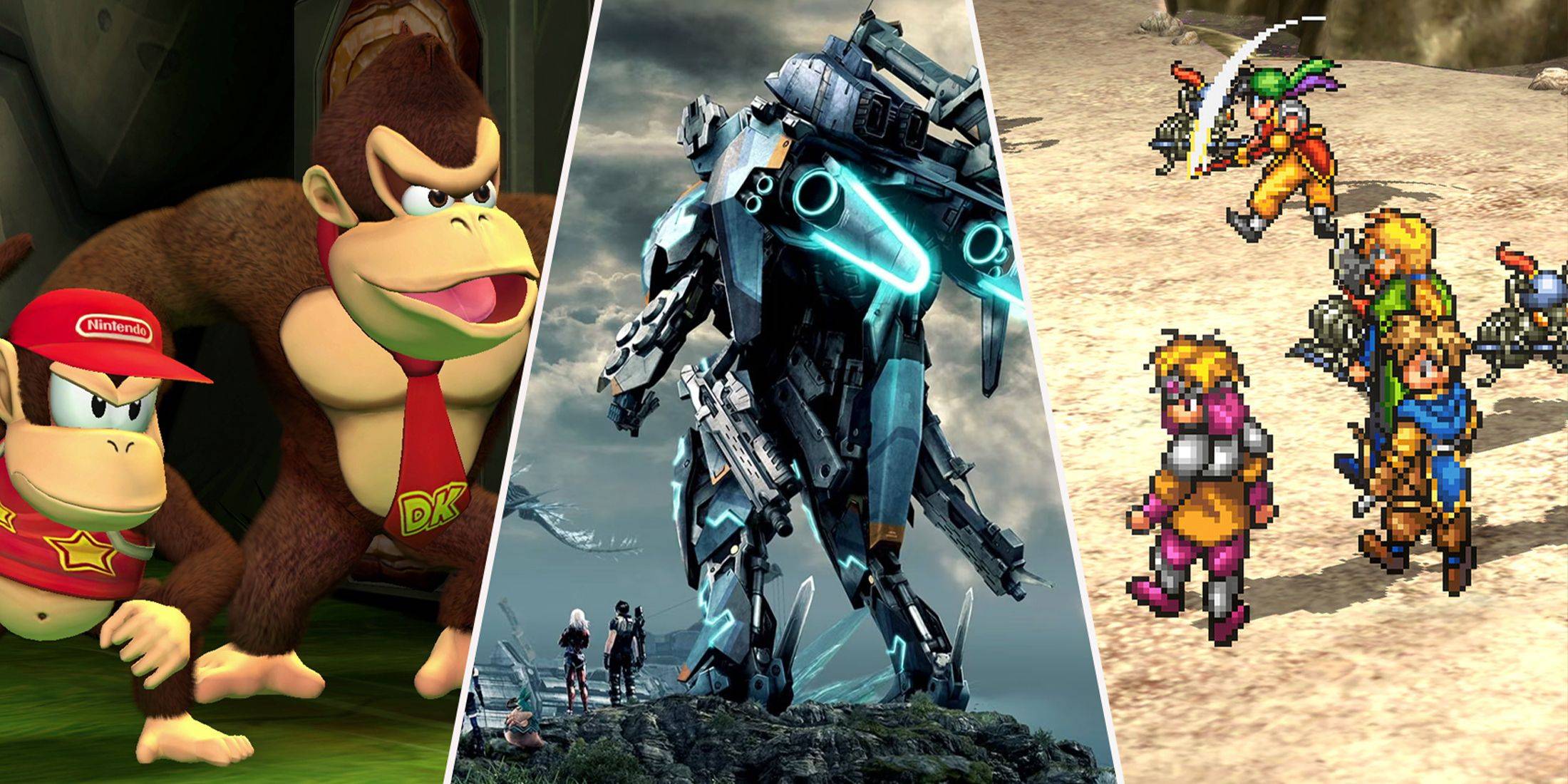
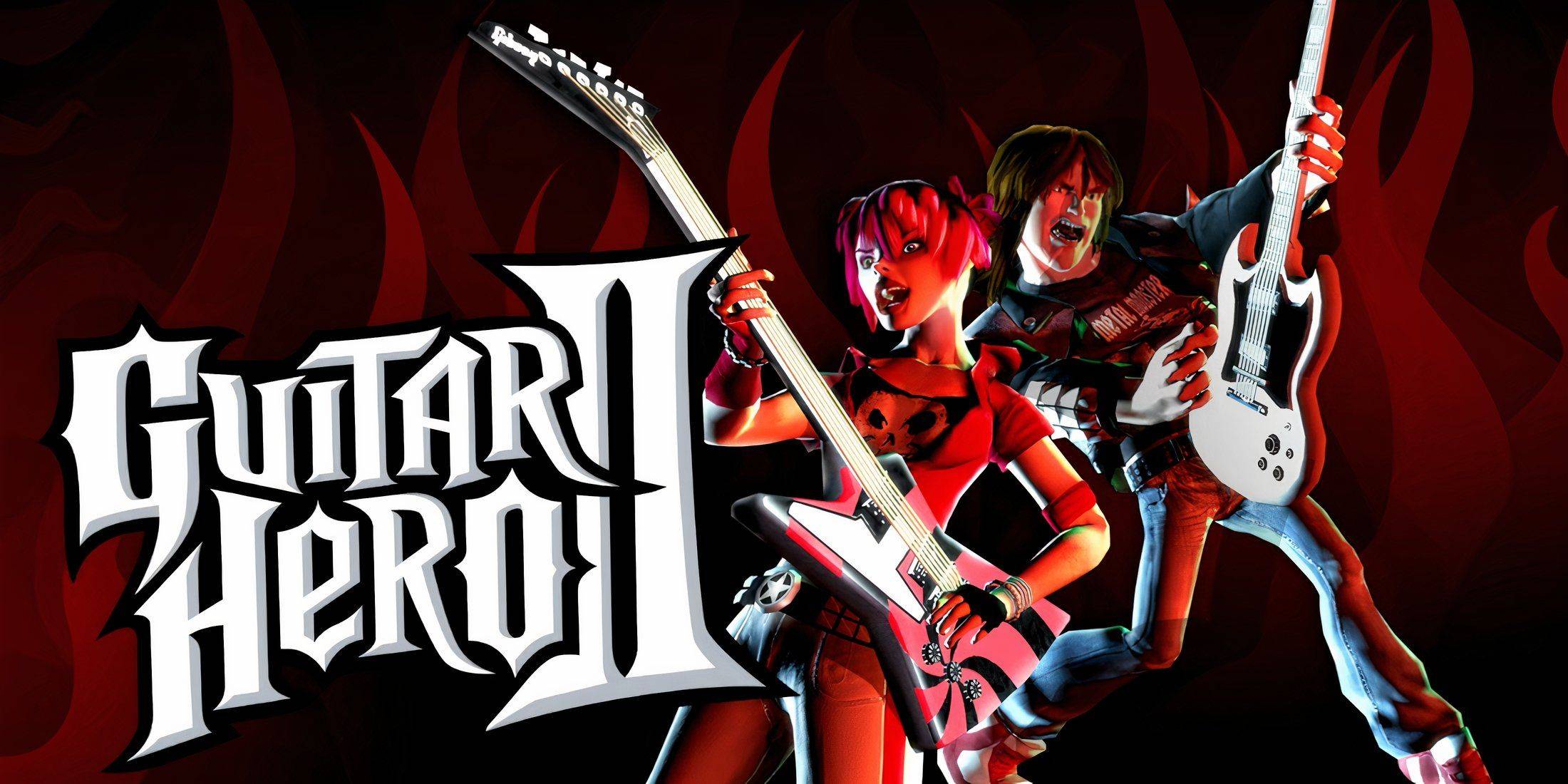






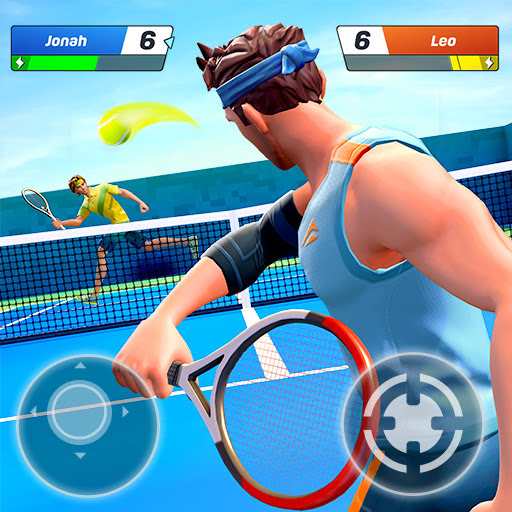

 Latest Games
Latest Games





